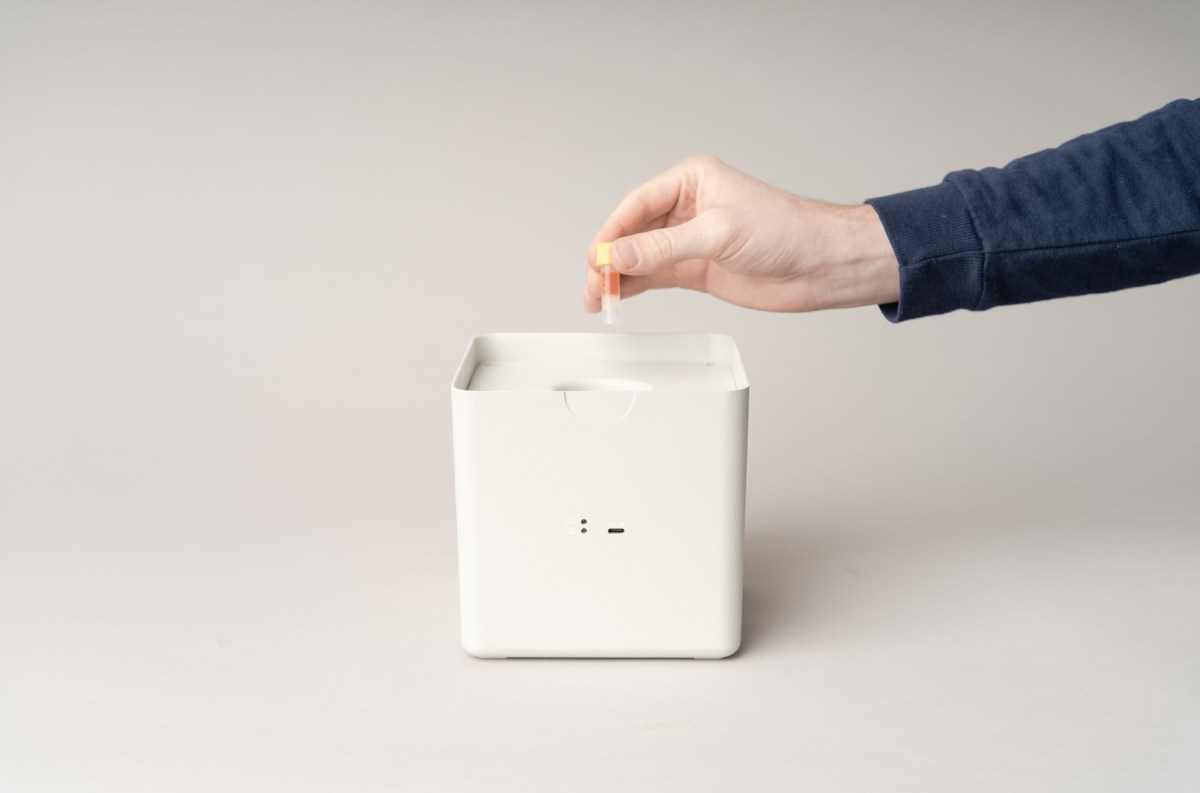Hannah Sieber knows just how transformative batteries can be. At her previous startup, EcoFlow, she used them to replace generators, whether for powering homes after a bad storm or RVs at a campsite. The experience made her wonder what else batteries could do, especially smaller ones.
“What are the other industries that could dramatically change?” she recalled thinking at the time.
After leaving EcoFlow, and while studying at Stanford, it hit her. She had been researching how power shutoffs in California, which are intended to limit wildfire risk, had disproportionate effects on people of different means.
She noticed that utilities were spending more on generators and microgrids in wealthier communities, leaving smaller, poorer communities in the lurch. “I saw the impact of what happens during a 56-hour shutoff if you’re a small business and your refrigerator loses power and all of a sudden you have to buy more inventory,” she told TechCrunch. “That was kind of this ‘ah ha’ moment.”
Sieber started digging deeper into refrigeration, probing for places where battery-powered cooling might make a difference. She quickly zeroed in on shipping after reading up on its climate impacts.
“Could we electrify the cold chain?” she said she asked herself. “And what would it look like to do battery-powered shipping?”
Sieber’s latest startup, Artyc, is her answer to that question. The company has quietly raised $14 million to date, according to PitchBook, and it has a product on the market, Medstow Micro, that helps hospitals, clinical trials and medical laboratories ship temperature-sensitive specimens.
The device is a white plastic cube, small enough that it can be held with one hand. Pop the lid, and inside up to four vials can be stored. On the outside, there’s a USB-C port to charge a lithium-ion battery that powers a solid-state heat pump, which provides cooling or heating depending on outside conditions. The cube can keep samples at 3 degrees C (37.4 degrees F) for at least 56 hours. Thermometers, accelerometers and GPS keep track of the package, and a cellular connection lets customers keep tabs on its precious cargo.
Artyc leases the boxes to its customers, and because one of its boxes can replace both tracking hardware and disposable ice packs or dry ice, Sieber said they tend to break even after about four shipments. Plus, because the boxes are reusable, their carbon footprint is better than competing methods after just two shipments, she added.
One of Sieber’s goals with the Medstow Micro is to expand patient access to clinical trials. Currently, most are run out of large hospitals in major metropolitan areas. As a result, many people who might be eligible tend to be excluded, harming not just patients, who miss out on potentially life-altering treatments, but the field of medicine itself, since trials that enroll more diverse patients tend to produce therapies that benefit more people.
Artyc’s next product will hold five liters, and it’ll likely be targeted at pricey, temperature sensitive foods like herbs, chocolate and wine. Then in 2025, the startup is planning to ship its 25-liter size. “For a lot of our customers, it’s actually about what they can’t ship today that they would like to be able to ship,” Sieber said.
Other uses have been popping up, she said. Hospitals and clinical labs have said that they are considering using Artyc’s boxes as additional, blackout-proof storage or as mobile refrigerators to simplify rounds. “Imagine a world where you have that on site, and a mobile phlebotomist grabs it, does rounds for the day, and brings it back,” she said.
Sieber is looking beyond healthcare in developed countries like the U.S., too. “We’ve had great conversations with some global health foundations,” she said. For now, the team is trying to figure out how to guarantee the temperature of the contents in extenuating circumstances.
“If you’re trying to get to a rural community and road quality isn’t what you expect and delays happen, how do you build a buffer?” she said. Still, she’s optimistic. “We think it’s easier to source an outlet than dry ice.”


